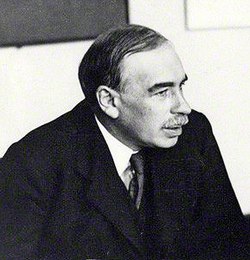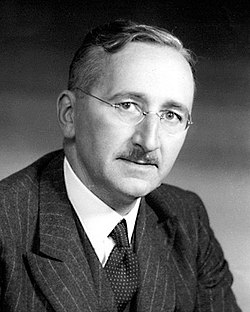Overview


The video was created by former Spike TV creative director and co-founder of the production company Emergent Order, John Papola, and economist Russ Roberts [1] of the George Mason University Mercatus Center. [2] Billy Scafuri and Adam Lustick, who are comedians with the Harvard Sailing Team [3] and Upright Citizens Brigade, [4] play Keynes and Hayek respectively.